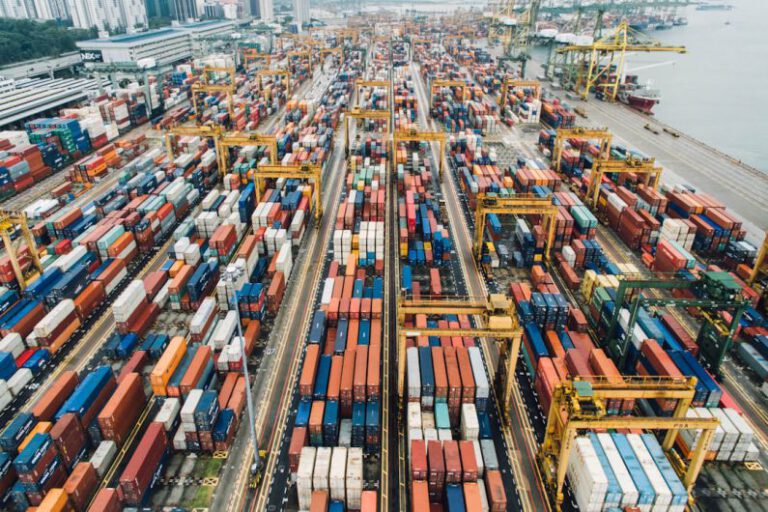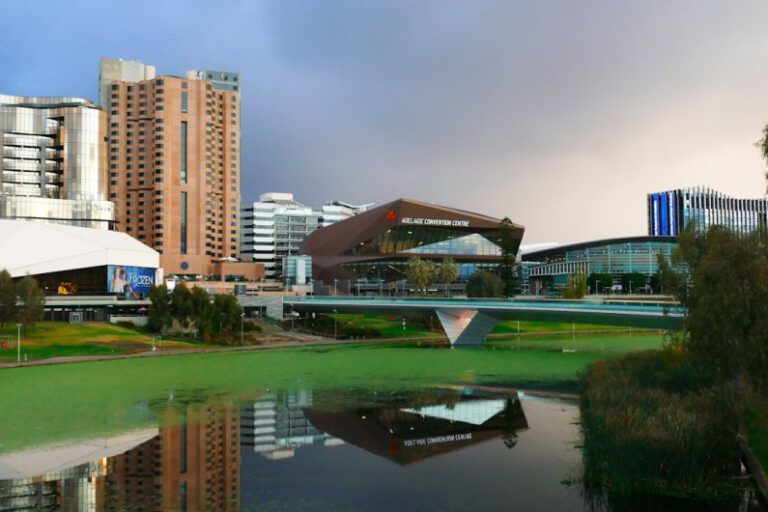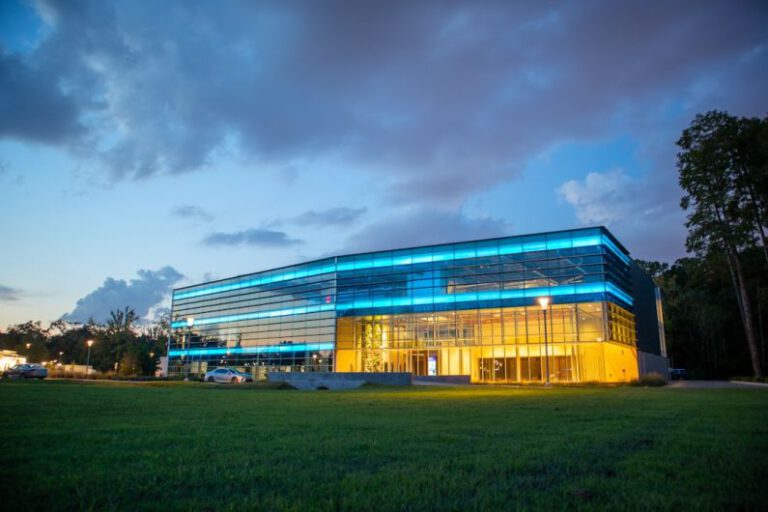Can Smart Transportation Solve Urban Congestion?
In the bustling urban landscapes of today, congestion has become a prevalent issue that affects the daily lives of millions of people around the world. As cities continue to grow and populations increase, the strain on transportation systems becomes more pronounced, leading to gridlocked roads, longer commute times, and increased pollution levels. The question arises: Can smart transportation solutions be the key to alleviating urban congestion and creating a more efficient and sustainable future for city dwellers?
The Rise of Urban Congestion
The rapid urbanization of cities has led to a surge in the number of vehicles on the roads, exacerbating traffic congestion. With limited space for infrastructure expansion and a growing demand for mobility, traditional transportation systems are struggling to keep up with the pace of urban development. As a result, commuters face daily challenges such as traffic jams, delays, and overcrowded public transportation services, impacting their quality of life and productivity.
Smart Transportation Technologies
Smart transportation encompasses a range of innovative technologies and strategies aimed at optimizing the efficiency of transportation systems and improving the overall mobility experience for commuters. These technologies leverage data, connectivity, and automation to create seamless and interconnected networks that can adapt to changing traffic conditions in real-time.
One key aspect of smart transportation is the integration of intelligent traffic management systems. These systems use sensors, cameras, and data analytics to monitor traffic flow, detect congestion hotspots, and dynamically adjust signal timings to optimize traffic flow. By providing real-time information to drivers and transportation authorities, these systems can help alleviate congestion and reduce travel times.
Another important component of smart transportation is the development of intelligent transportation systems (ITS) that enable vehicles to communicate with each other and with infrastructure. Connected vehicles can share information about traffic conditions, road hazards, and optimal routes, allowing for smoother traffic flow and more efficient use of road capacity. In addition, autonomous vehicles have the potential to revolutionize urban mobility by reducing traffic congestion, improving safety, and enhancing the overall efficiency of transportation networks.
The Role of Public Transport
Public transportation plays a crucial role in addressing urban congestion by providing an alternative to private car travel and reducing the number of vehicles on the road. Smart transportation solutions aim to enhance the efficiency and usability of public transport systems through initiatives such as real-time passenger information, integrated fare payment systems, and on-demand services. By making public transport more convenient, reliable, and accessible, cities can encourage more people to choose sustainable modes of transportation and reduce congestion levels.
The Benefits of Smart Transportation
Smart transportation offers a host of benefits that can help alleviate urban congestion and create more livable cities for residents. By improving the efficiency of transportation systems, smart technologies can reduce travel times, lower emissions, and enhance the overall quality of the urban environment. Additionally, smart transportation solutions can enhance safety, reduce traffic accidents, and promote more sustainable modes of transportation such as walking, cycling, and public transit.
The Future of Urban Mobility
As cities continue to grapple with the challenges of urban congestion, the adoption of smart transportation solutions is becoming increasingly vital in shaping the future of urban mobility. By leveraging technology and innovation, cities can create more efficient, sustainable, and resilient transportation systems that benefit both residents and the environment. From intelligent traffic management systems to connected vehicles and autonomous transportation, smart solutions offer a promising path towards reducing congestion, improving mobility, and enhancing the overall quality of life in urban areas.
In conclusion, the implementation of smart transportation technologies holds great promise in addressing the complex issue of urban congestion. By embracing innovation, connectivity, and sustainability, cities can create more efficient and resilient transportation systems that enhance mobility, reduce congestion, and improve the overall quality of life for residents. As urban populations continue to grow, the need for smart transportation solutions will only become more pressing, making it essential for cities to embrace these technologies to build a more sustainable and livable future.






